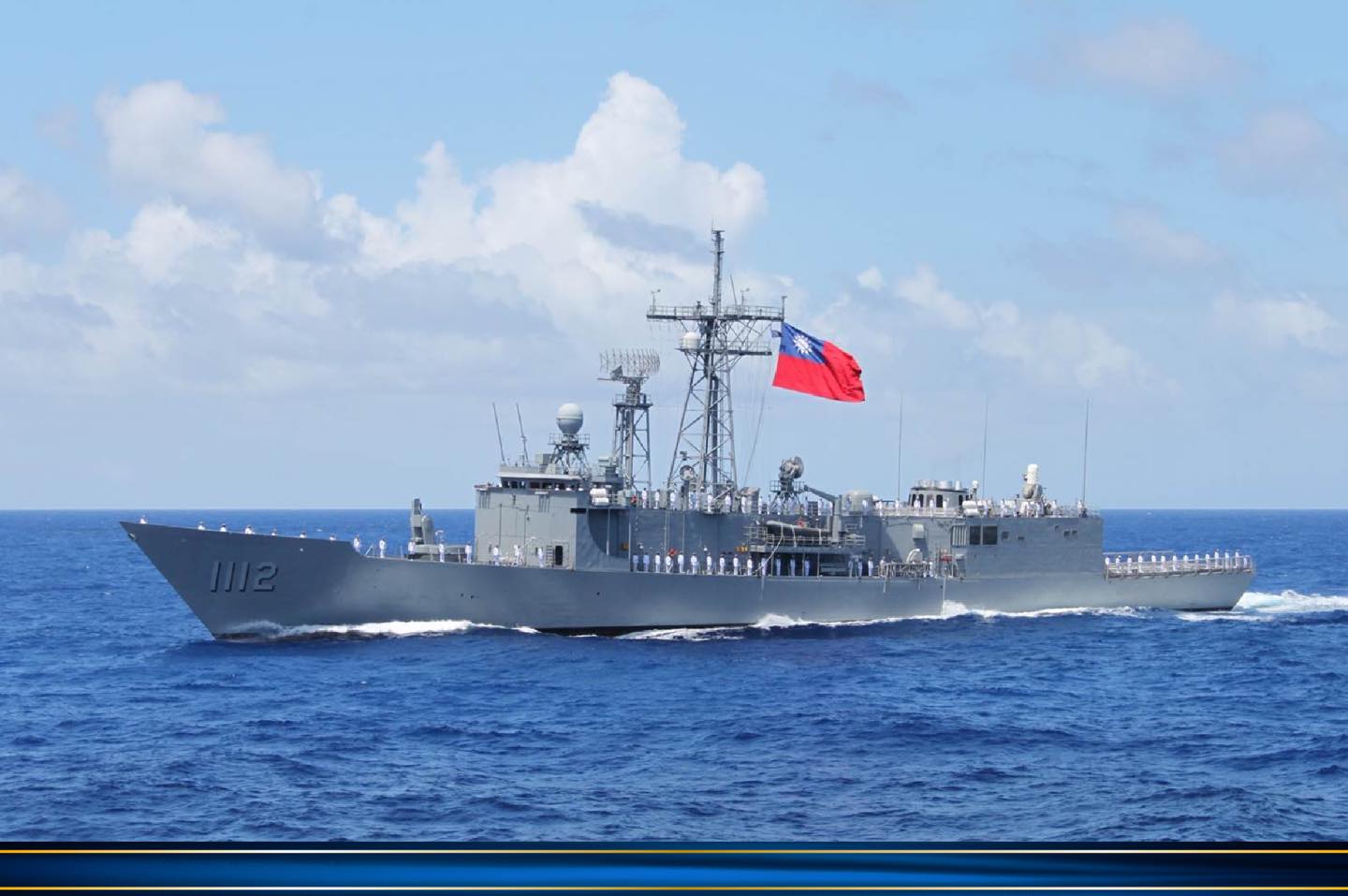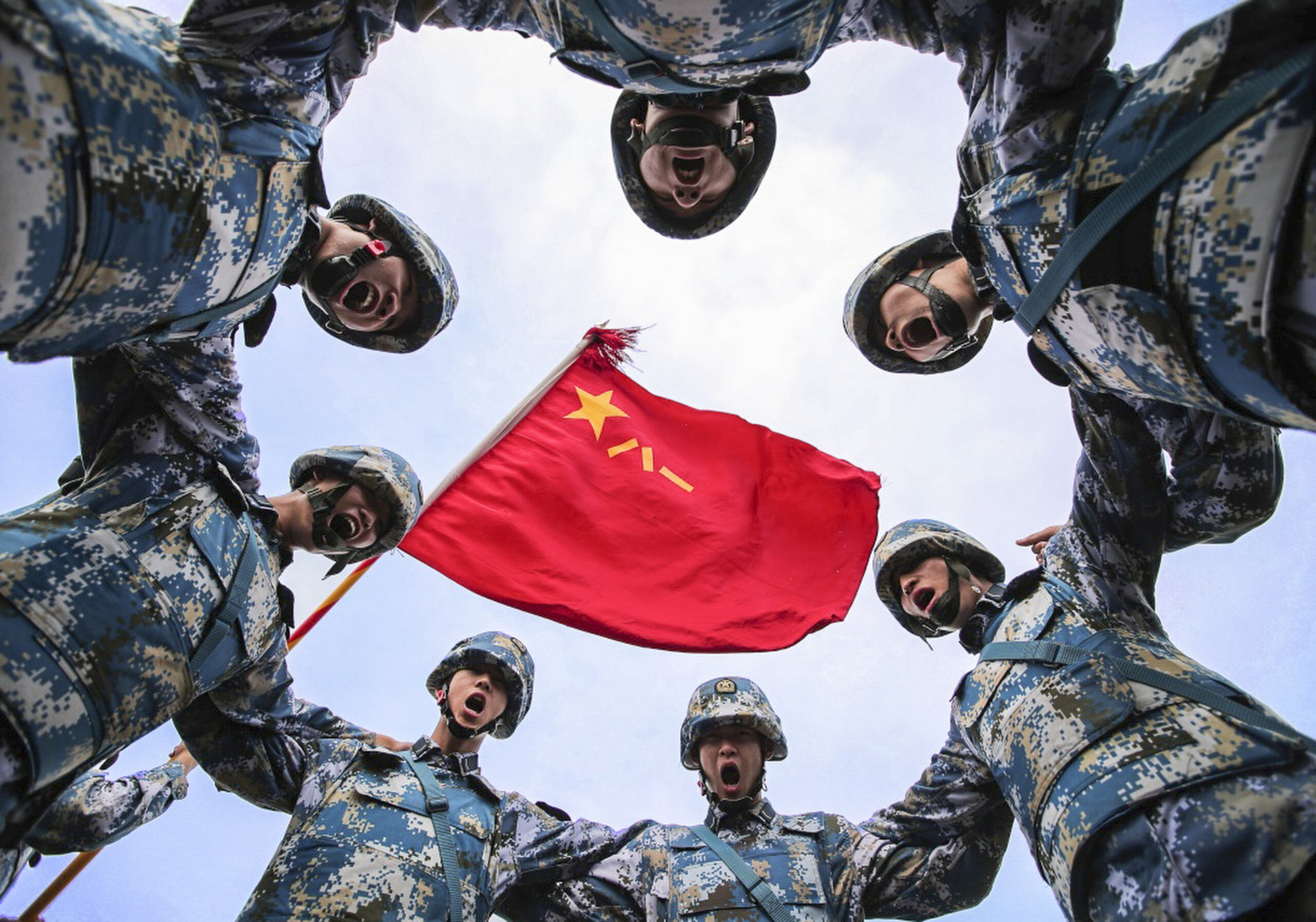by Martin Haffner Associate Editor
Title: China Denies Involvement in Taiwan’s Undersea Cable Damage Amid Rising Tensions
In a climate of escalating tensions in the Taiwan Strait, Chinese authorities have officially denied any involvement in the recent damage to an undersea cable that connects Taiwan with international communication networks. The incident has added to the already strained relations between Beijing and Taipei, raising concerns about the stability and security of Taiwan’s critical infrastructure.
The undersea cable, a vital component of Taiwan’s telecommunications infrastructure, was reportedly damaged early last week, resulting in significant disruptions to internet services and international communications. While the precise cause of the damage remains unclear, Taiwanese officials have raised alarms regarding the possibility of deliberate sabotage, pointing fingers at China amidst ongoing hostilities.
In response to these allegations, a spokesperson for the Chinese foreign ministry stated, “China firmly opposes any unfounded accusations and asserts that it is not involved in the damage to the undersea cable.” The spokesperson emphasized the importance of safeguarding peace and stability in the region, urging parties involved to refrain from speculation that could further escalate tensions.
Experts note that the deterioration of cross-strait relations has been notably sharp in recent years, particularly following Taiwan’s democratic elections and its insistence on maintaining a distinct political identity separate from the mainland. The rise of nationalistic sentiments in China and Taiwan’s push for greater autonomy have created a precarious environment, making any incident—real or perceived—between the two sides a potential flashpoint for conflict.
Observers are also concerned about the broader implications of the undersea cable damage in light of increasing military posturing by China. The Chinese military has conducted extensive drills around Taiwan, which many interpret as a show of force and a warning against any moves toward formal independence by the island. The damage to the undersea cable could be seen as an extension of this military strategy, even as China categorically refutes any such connection.
Taiwan’s government has launched an investigation into the incident while seeking support from international allies to bolster its cyber and physical infrastructure against possible threats. Experts stress the need for enhanced cybersecurity measures and the importance of diversifying communication channels in the face of potential disruptions.
The international community is watching closely, as Taiwan remains a significant geopolitical player in East Asia. The United States, which has long maintained a policy of strategic ambiguity regarding Taiwan, recently reiterated its commitment to ensuring the island’s self-defense capabilities. American officials have voiced concerns that any attack on Taiwan, whether direct or through sabotage, would prompt a robust response from the U.S. and its allies.
As the situation continues to develop, many are left wondering how both Taiwan and China will navigate this complex landscape. Diplomatic engagements have been sparse, and with each new incident, the possibility of conflict appears to loom larger. The recent damage to the undersea cable serves as a stark reminder of the fragile state of peace in the Taiwan Strait and the urgent need for dialogue and understanding to prevent further escalation.
In a time when misinformation can easily amplify tensions, experts underscore the importance of clear communication and mutual trust to foster stability in the region. The future of Taiwan and its relationship with China remains uncertain, and how both sides choose to approach these incidents may well determine the course of their interactions in the years to come.



